Home>Gardening & Outdoor>Landscaping Ideas>What Home Remedy Kills Grass
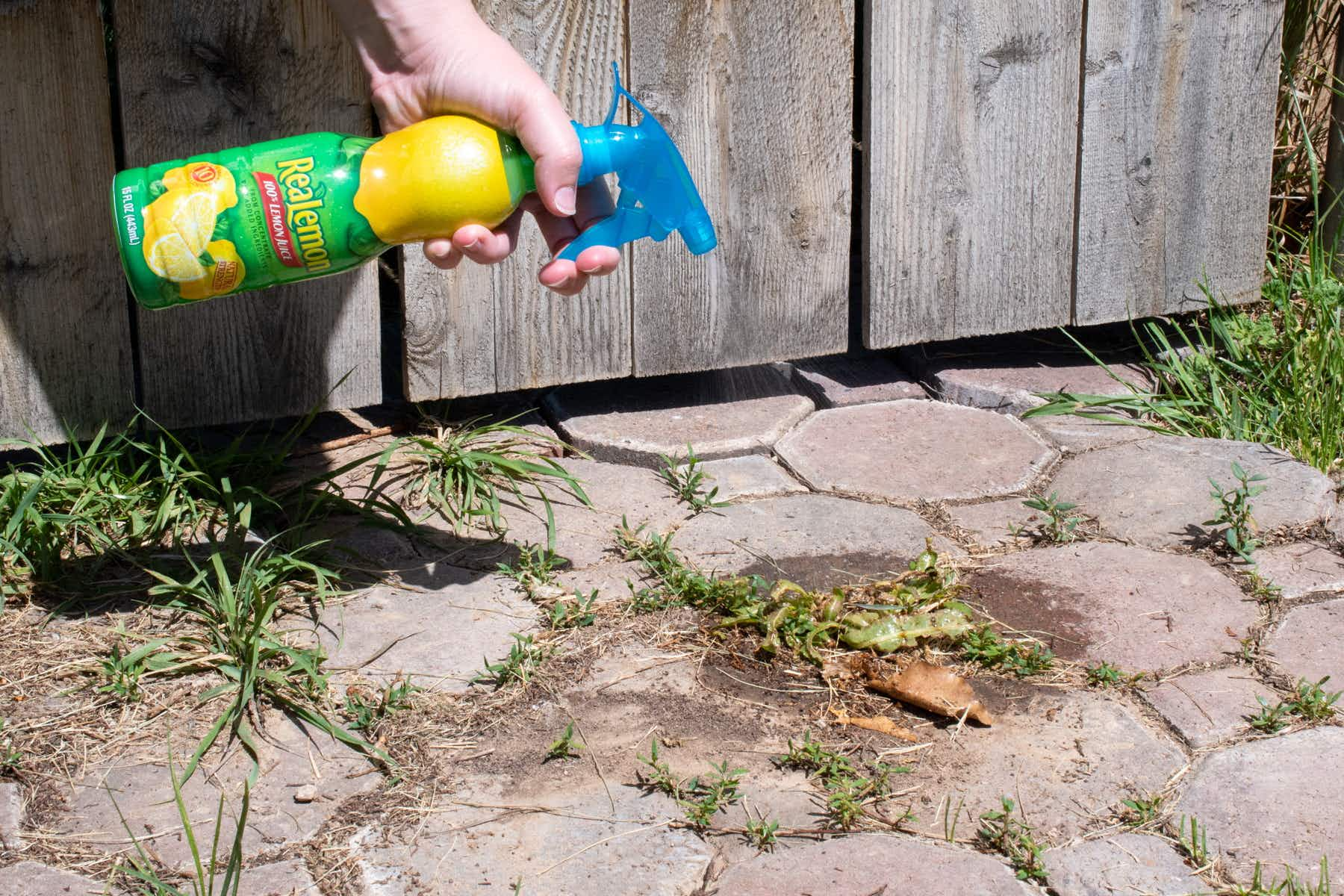

Landscaping Ideas
What Home Remedy Kills Grass
Modified: February 18, 2024
Discover effective landscaping ideas and home remedies to kill grass. Learn how to tackle unwanted grass with natural solutions for your outdoor space.
(Many of the links in this article redirect to a specific reviewed product. Your purchase of these products through affiliate links helps to generate commission for Storables.com, at no extra cost. Learn more)
Introduction
When it comes to landscaping, maintaining a lush and vibrant lawn is a top priority for many homeowners. However, there are instances where grass may overgrow in unwanted areas, such as between pavement cracks or in areas designated for other landscaping features. In such cases, the need to remove or kill the grass becomes essential. While there are commercial products available for this purpose, some individuals prefer to explore home remedies as a more natural and cost-effective solution.
In this article, we will delve into the world of home remedies for killing grass, exploring their effectiveness, potential risks, and overall considerations. Whether you're a gardening enthusiast or someone looking to tackle unwanted grass growth around your property, understanding the various home remedies available can provide valuable insights for achieving your landscaping goals.
Before we dive into specific home remedies, it's important to recognize that the methods discussed in this article are intended for targeted grass removal and should be used with caution. Additionally, it's crucial to consider the impact of these remedies on surrounding vegetation and the environment as a whole. With these points in mind, let's explore the world of home remedies for addressing unwanted grass growth and the factors to consider when employing such methods.
Key Takeaways:
- Natural home remedies like vinegar, boiling water, and salt offer eco-friendly ways to kill unwanted grass without synthetic chemicals, but they require careful application to avoid harming surrounding plants.
- Using natural barriers like newspaper and cardboard, along with corn gluten meal, can effectively suppress grass growth, but ongoing maintenance and consideration of environmental impact are crucial for long-term success.
Read more: What Kills Torpedo Grass
Understanding the Problem
Unwanted grass growth can pose numerous challenges for homeowners and landscapers. Whether it’s encroaching on flower beds, infiltrating pavement crevices, or competing with other desired plants, addressing this issue requires a strategic approach. Understanding the underlying causes and characteristics of the problem is essential for determining the most effective remedy.
One common issue is the resilience and adaptability of grass, which can thrive in various conditions and spread rapidly through its root system and seeds. This resilience often makes traditional methods of removal, such as manual pulling or mowing, ineffective for long-term control, especially in hard-to-reach areas.
Furthermore, the presence of grass in areas where it’s not desired can detract from the overall aesthetic appeal of the landscape. Whether you’re aiming to create a well-defined pathway, establish a rock garden, or maintain a tidy patio space, unwanted grass can disrupt the intended design and functionality of these areas.
Additionally, the use of chemical herbicides may not align with the preferences of individuals seeking natural and eco-friendly solutions for their landscaping needs. This has led many to explore alternative methods, such as home remedies, to address unwanted grass growth without resorting to synthetic chemicals.
By gaining a thorough understanding of the challenges posed by unwanted grass, homeowners and landscapers can make informed decisions about the most suitable approach for addressing the issue. Whether it’s through physical barriers, natural deterrents, or targeted applications, the goal is to effectively manage and control grass growth while preserving the integrity of the surrounding landscape.
Common Home Remedies for Killing Grass
Exploring home remedies for killing grass opens up a world of natural and often readily available solutions. These methods offer an alternative to commercial herbicides, providing individuals with the opportunity to address unwanted grass growth using household items and natural ingredients. Below are some common home remedies that have been utilized for grass control:
- Vinegar: The acetic acid in vinegar has been recognized for its herbicidal properties. When applied directly to the grass, vinegar can help desiccate and kill the plant, making it a popular choice for targeted grass removal. It’s important to note that vinegar can also affect surrounding vegetation, so caution is advised when using this method.
- Boiling Water: Pouring boiling water over unwanted grass can effectively damage and kill the plant. This method is particularly suitable for addressing grass growth in areas where other plants or landscaping features are not at risk of being affected by the hot water.
- Salt: Common table salt, when applied in moderation, can inhibit the growth of grass and other plants. It’s important to use salt sparingly, as excessive application can lead to soil salinity and hinder future plant growth in the treated area.
- Newspaper and Cardboard: Creating a barrier using layers of newspaper or cardboard can smother grass and prevent sunlight from reaching the plants, ultimately leading to their demise. This method is particularly effective for suppressing grass in preparation for new landscaping projects.
- Corn Gluten Meal: This natural byproduct of corn processing serves as a pre-emergent herbicide, inhibiting the germination of seeds, including those of grass. It can be applied to the soil to prevent new grass growth in targeted areas.
These home remedies offer versatile and eco-friendly approaches to addressing unwanted grass growth, catering to individuals who prefer natural solutions for their landscaping needs. While these methods can be effective, it’s important to consider their impact on surrounding vegetation and the soil, as well as the potential for reseeding and regrowth over time.
To kill grass as a home remedy, you can use a mixture of vinegar and water. Simply mix equal parts of vinegar and water in a spray bottle and apply it directly to the grass you want to kill. This will help to dry out and kill the grass.
Effectiveness of Home Remedies
When considering the effectiveness of home remedies for killing grass, it’s essential to recognize that their impact can vary based on factors such as the type of grass, environmental conditions, and the specific application method. While these remedies offer natural and accessible alternatives to commercial herbicides, their efficacy may differ from traditional chemical solutions.
Vinegar, known for its herbicidal properties, can be effective in desiccating and killing grass upon direct application. However, its impact on surrounding vegetation and the soil should be carefully assessed to prevent unintended damage to desirable plants. Similarly, the use of boiling water can provide targeted control of grass in areas where other plants are not at risk, making it a suitable option for pavement cracks and isolated patches of unwanted grass.
Salt, when used judiciously, can inhibit grass growth by disrupting the osmotic balance within the plant cells. However, excessive salt application can lead to soil salinity, affecting the overall soil health and potentially impeding future plant growth in the treated area. This method requires careful consideration to avoid long-term soil damage.
The use of newspaper and cardboard as a barrier to smother grass can be effective in suppressing unwanted vegetation, particularly when preparing areas for new landscaping features. By blocking sunlight and oxygen from reaching the grass, these materials can gradually lead to the demise of the plants. However, it’s important to monitor the area for potential regrowth and address any gaps in the barrier to maintain its effectiveness.
Corn gluten meal, functioning as a pre-emergent herbicide, can prevent the germination of grass seeds, offering a natural approach to inhibiting new grass growth in targeted areas. Its application can contribute to long-term grass control, especially when integrated into a comprehensive landscaping strategy.
While these home remedies showcase potential effectiveness in addressing unwanted grass growth, it’s important to approach their application with careful consideration of the surrounding environment and long-term impact. Additionally, the specific characteristics of the grass and the desired duration of control should be factored into the decision-making process.
Ultimately, the effectiveness of these home remedies depends on their proper application, ongoing maintenance, and alignment with the broader goals of landscaping and vegetation management.
Potential Risks and Considerations
While home remedies for killing grass offer natural and accessible solutions, it’s crucial to be mindful of potential risks and considerations associated with their use. Understanding the implications of these methods can help individuals make informed decisions and mitigate any adverse effects on the surrounding environment and landscaping features.
One primary consideration is the potential impact of home remedies on non-target vegetation. Vinegar, salt, and boiling water, while effective in targeting grass, can also harm desirable plants if not applied with precision. Careful application and consideration of the surrounding flora are essential to prevent unintended damage.
Excessive use of salt as a grass control method can lead to soil salinity, affecting the overall soil health and potentially inhibiting the growth of future plants in the treated area. Monitoring the soil condition and incorporating remediation measures, such as soil leaching, may be necessary to mitigate the long-term effects of salt application.
When using newspaper and cardboard as barriers to suppress grass growth, it’s important to ensure that the materials are biodegradable and do not introduce non-recyclable components into the landscape. Additionally, regular inspection of the barrier and maintenance to address any signs of regrowth are crucial for sustaining its effectiveness over time.
Consideration should also be given to the potential for reseeding and regrowth of grass following the application of home remedies. While these methods can provide short-term control, ongoing monitoring and maintenance may be necessary to prevent the resurgence of unwanted grass in treated areas.
Furthermore, the environmental impact of these home remedies should be carefully evaluated. While they offer natural alternatives to synthetic herbicides, their potential influence on soil health, water runoff, and local ecosystems should be taken into account. Striking a balance between effective grass control and environmental stewardship is essential for sustainable landscaping practices.
It’s also important to consider the broader goals of landscaping and vegetation management when employing home remedies for grass control. Integrating these methods into a comprehensive landscape maintenance plan and considering their compatibility with other landscaping features can contribute to a cohesive and sustainable approach to vegetation management.
By acknowledging the potential risks and considerations associated with home remedies for killing grass, individuals can approach their use with a greater awareness of the implications and take proactive measures to minimize any adverse effects on the environment and overall landscape integrity.
Read more: What Kills Ants But Not Grass
Conclusion
Home remedies for killing grass offer a natural and accessible approach to addressing unwanted vegetation in landscaping and outdoor spaces. From vinegar and boiling water to salt and natural barriers, these methods provide alternatives to synthetic herbicides, catering to individuals seeking eco-friendly solutions for grass control.
While these home remedies showcase potential effectiveness in targeted grass removal, it’s essential to approach their application with careful consideration of the surrounding environment, non-target vegetation, and long-term impact on soil health. Precision and mindfulness are key when utilizing these methods to ensure their efficacy while minimizing unintended consequences.
When integrating home remedies into vegetation management practices, it’s important to view them as part of a holistic approach to landscaping. By considering their compatibility with broader landscaping goals and the need for ongoing maintenance, individuals can harness the benefits of these natural solutions while preserving the overall integrity and aesthetics of their outdoor spaces.
Ultimately, the decision to employ home remedies for killing grass should be informed by a balanced assessment of their effectiveness, potential risks, and alignment with sustainable landscaping practices. By embracing these natural alternatives with a thoughtful and informed approach, individuals can achieve their grass control goals while contributing to environmentally conscious landscape management.
Whether it’s reclaiming pavement cracks from encroaching grass or preparing areas for new landscaping features, home remedies offer a diverse toolkit for addressing unwanted grass growth. With careful application and a keen eye on environmental considerations, these methods can play a valuable role in the pursuit of vibrant, well-maintained outdoor spaces.
As individuals continue to explore natural and sustainable approaches to landscaping and vegetation management, the role of home remedies for killing grass remains a dynamic and evolving aspect of eco-conscious outdoor maintenance. By embracing these methods with an understanding of their nuances and implications, homeowners and landscapers can cultivate thriving landscapes while nurturing a deeper connection to the natural world.
Frequently Asked Questions about What Home Remedy Kills Grass
Was this page helpful?
At Storables.com, we guarantee accurate and reliable information. Our content, validated by Expert Board Contributors, is crafted following stringent Editorial Policies. We're committed to providing you with well-researched, expert-backed insights for all your informational needs.
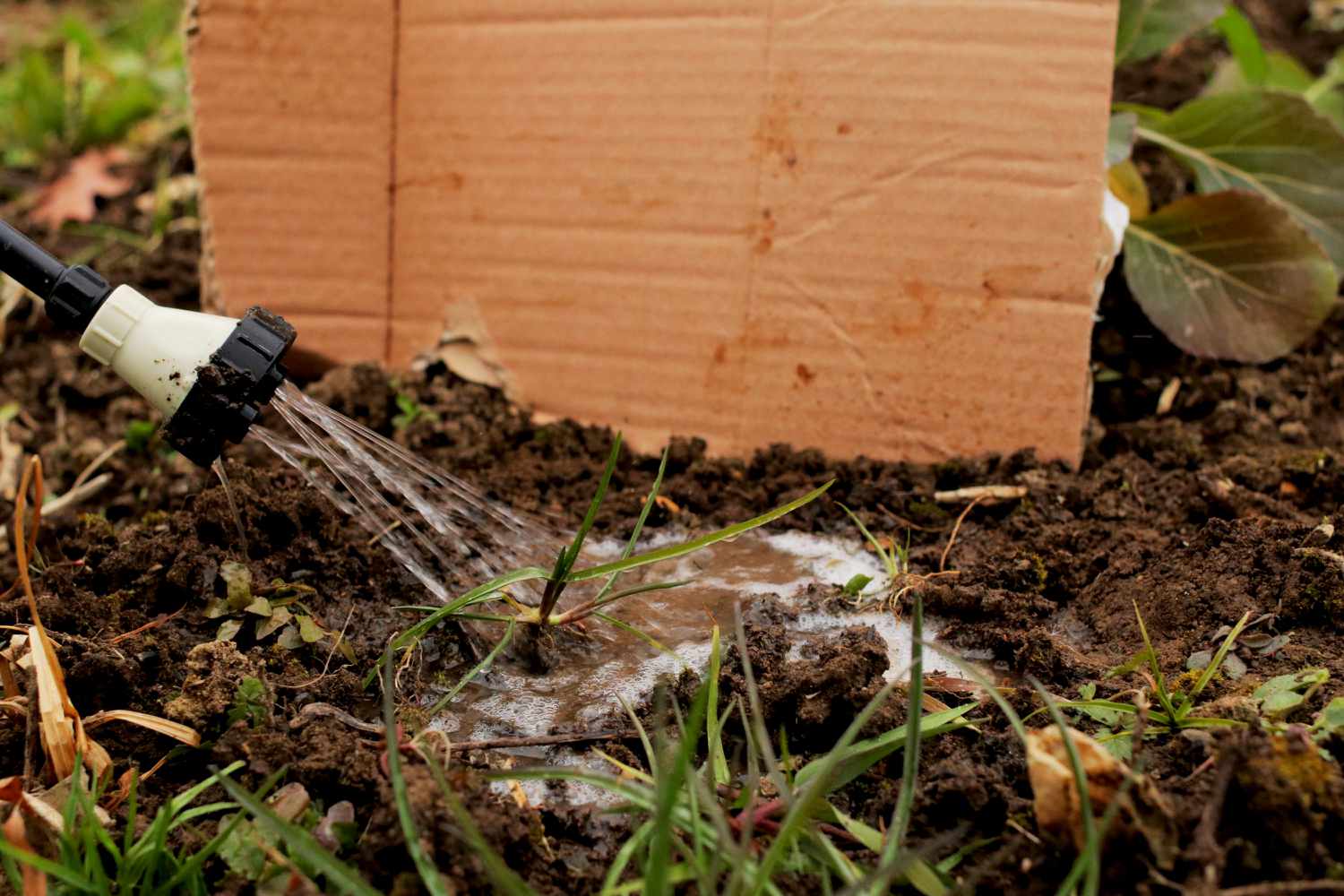
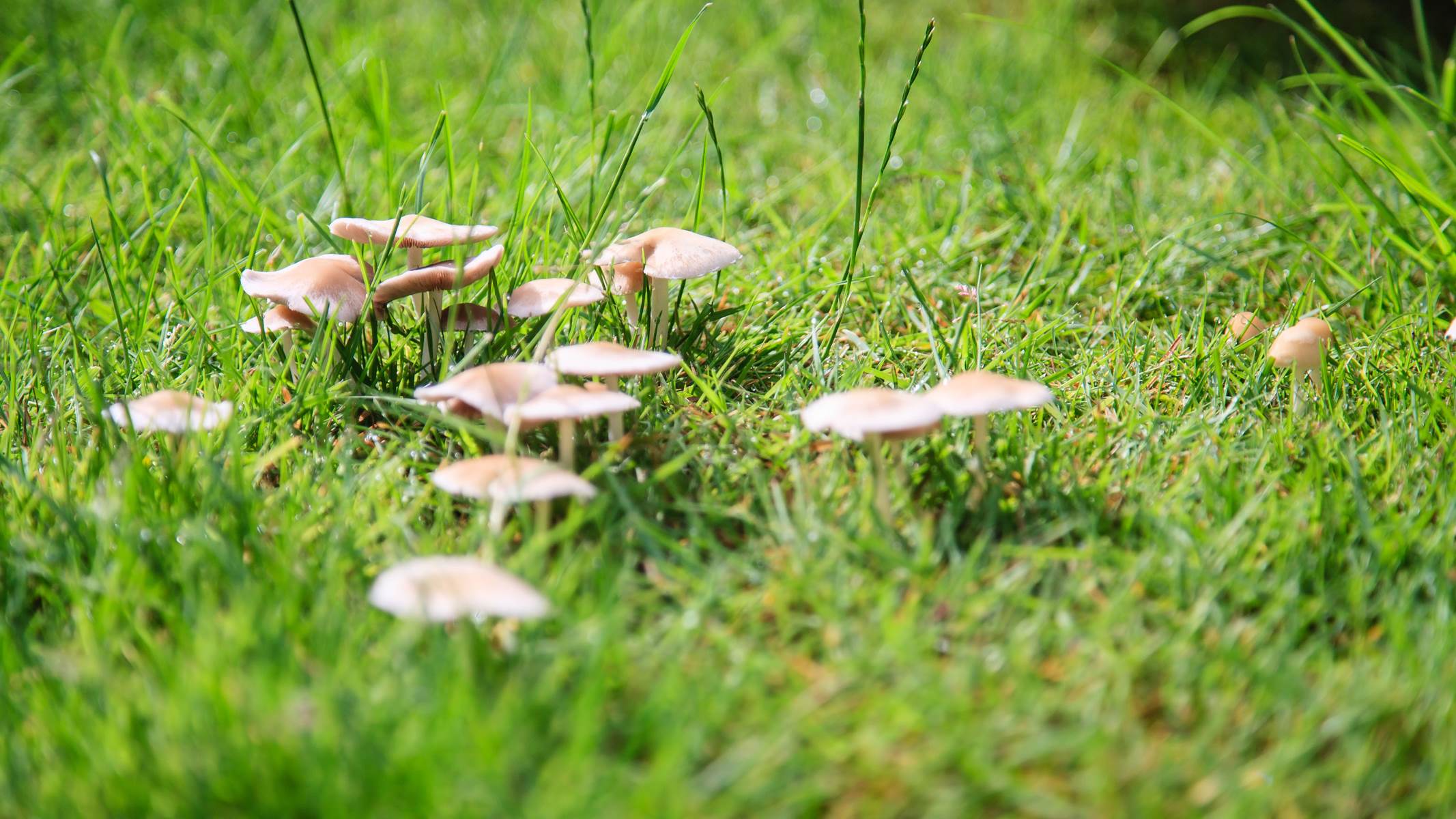
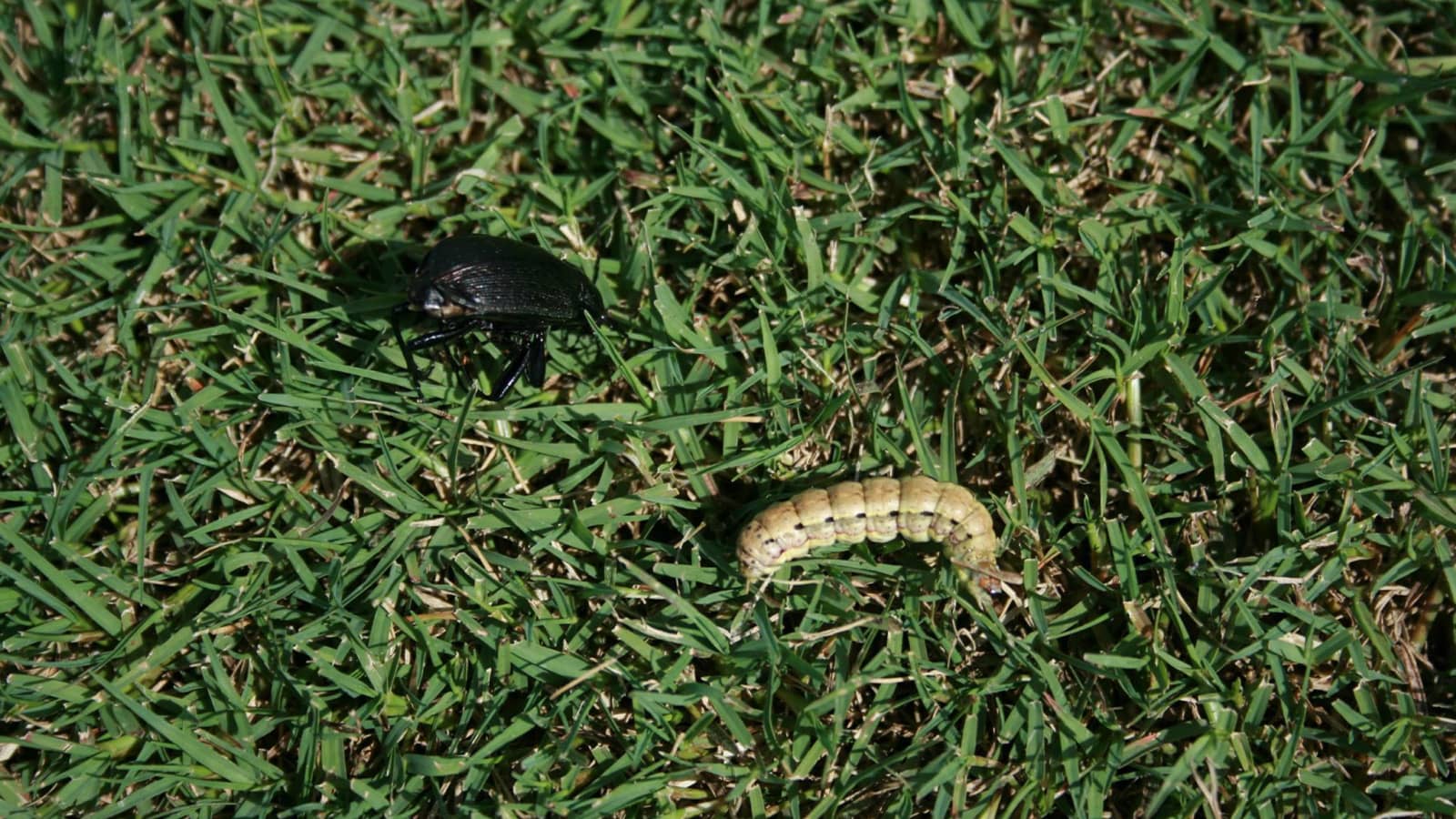
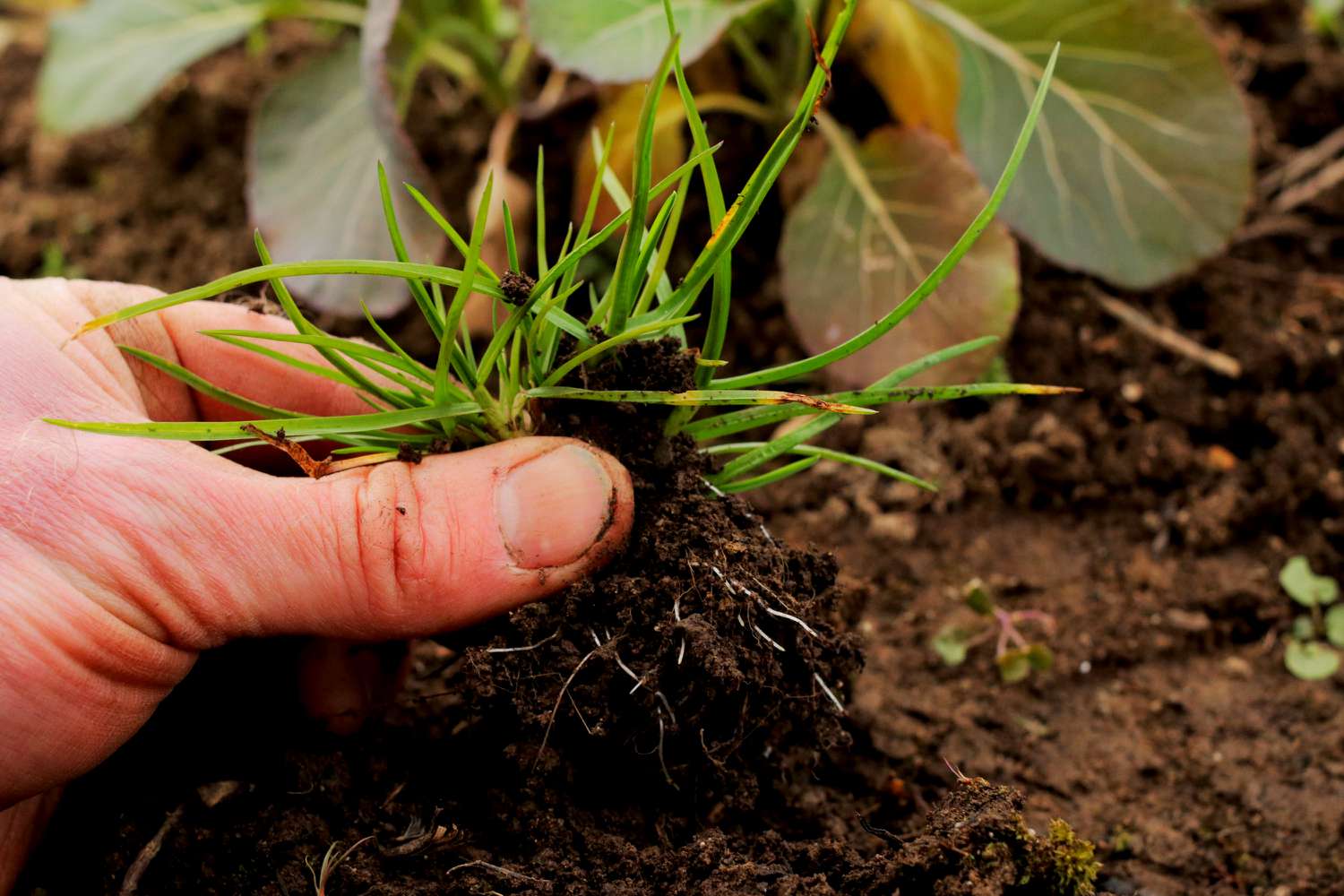
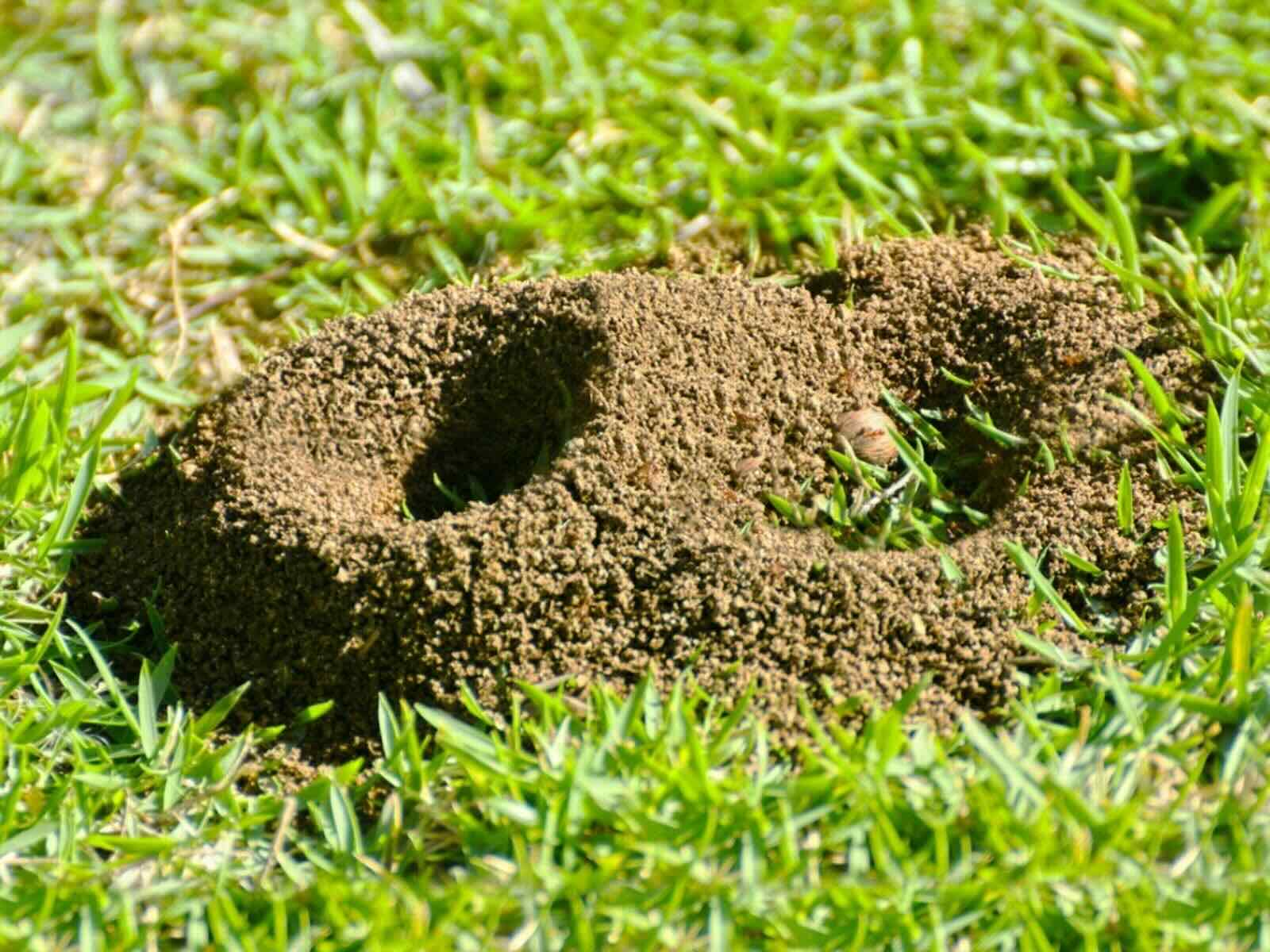
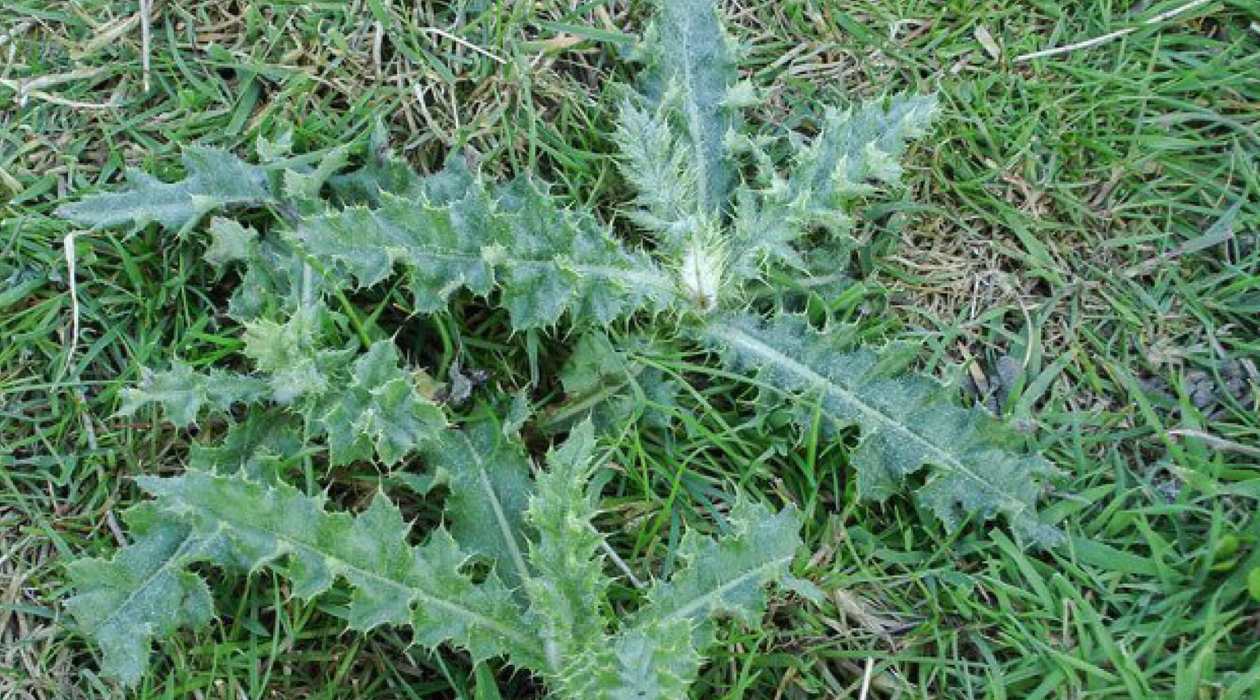
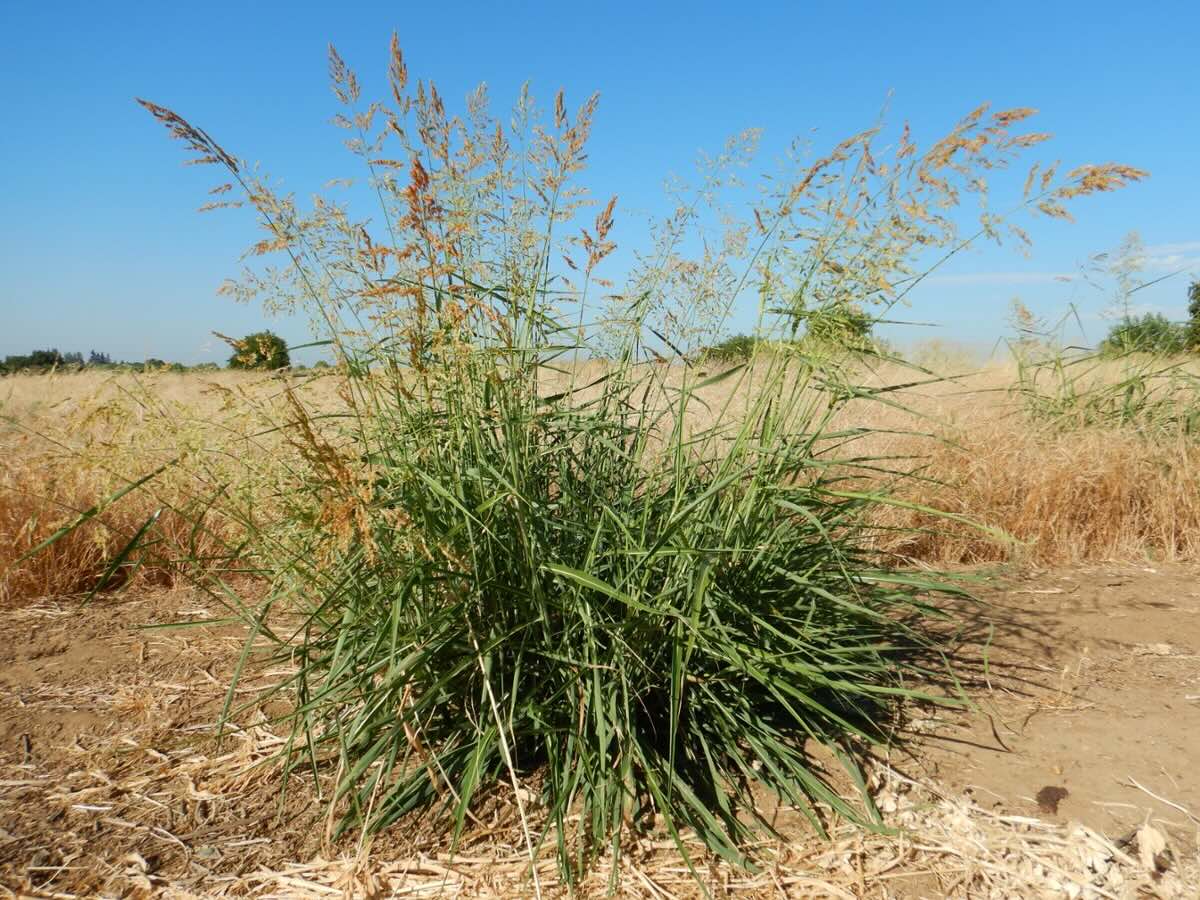
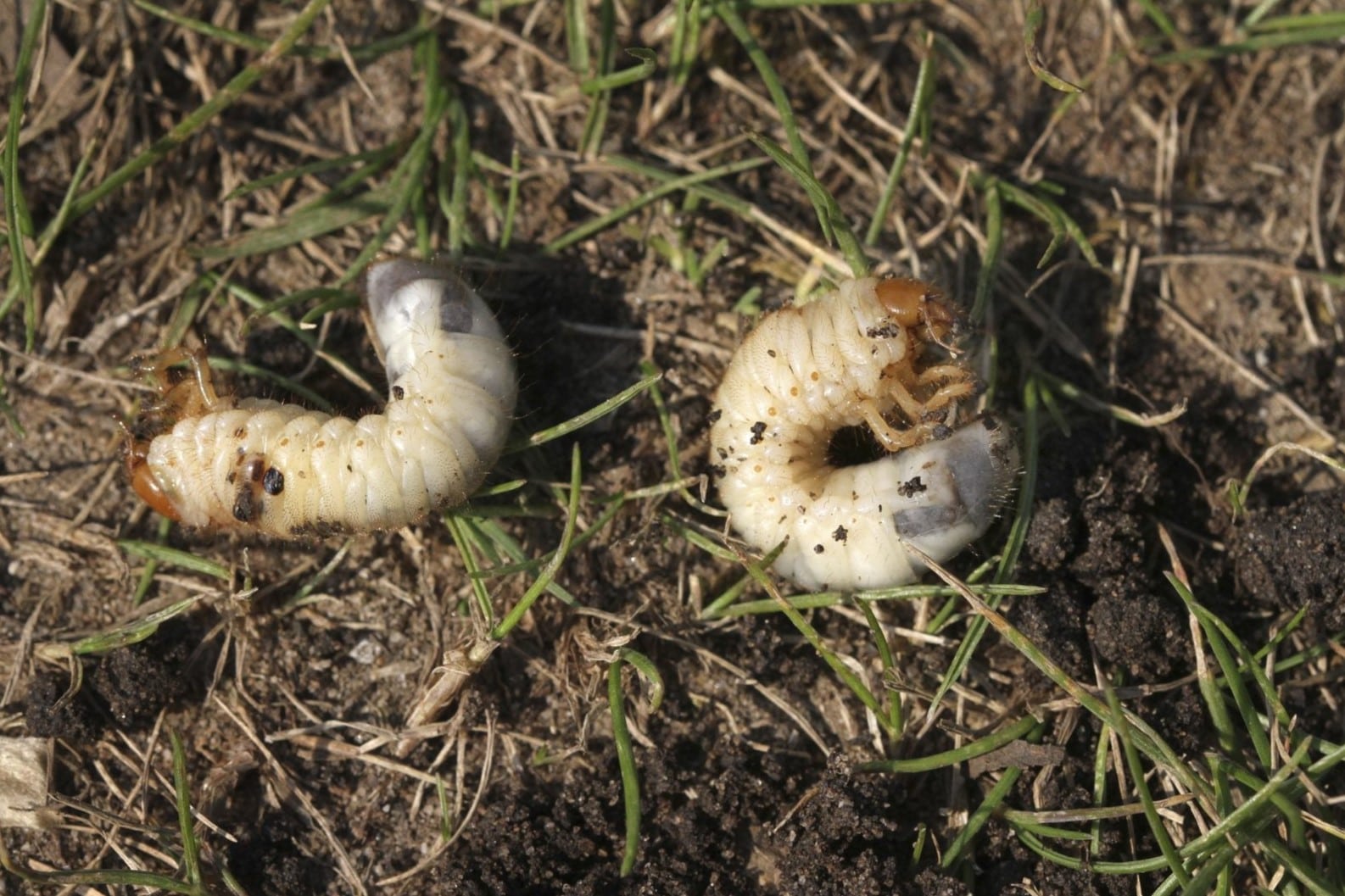
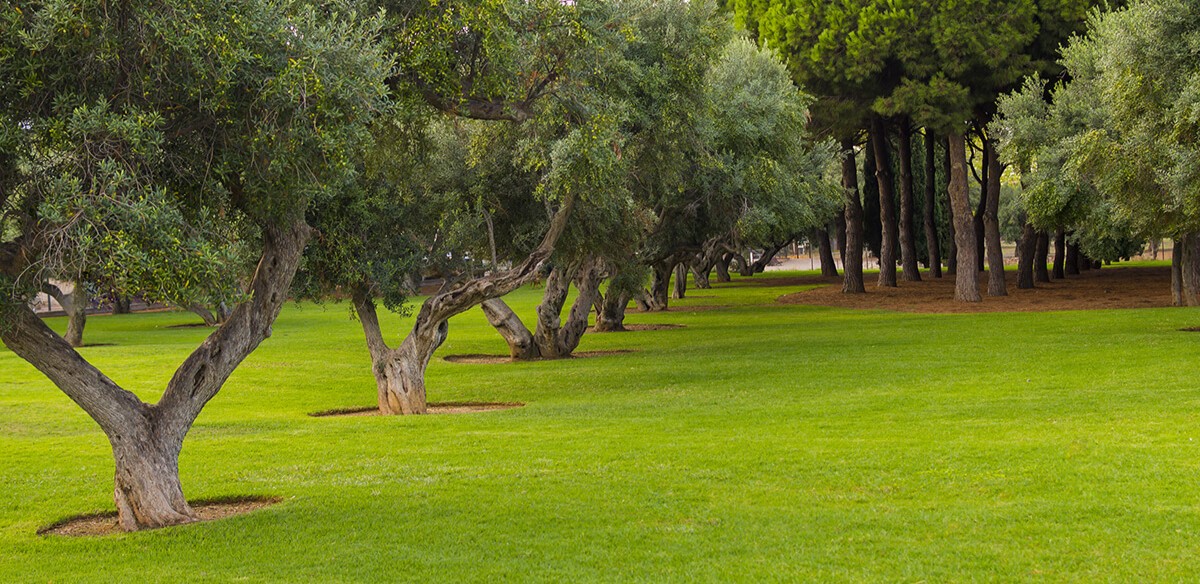
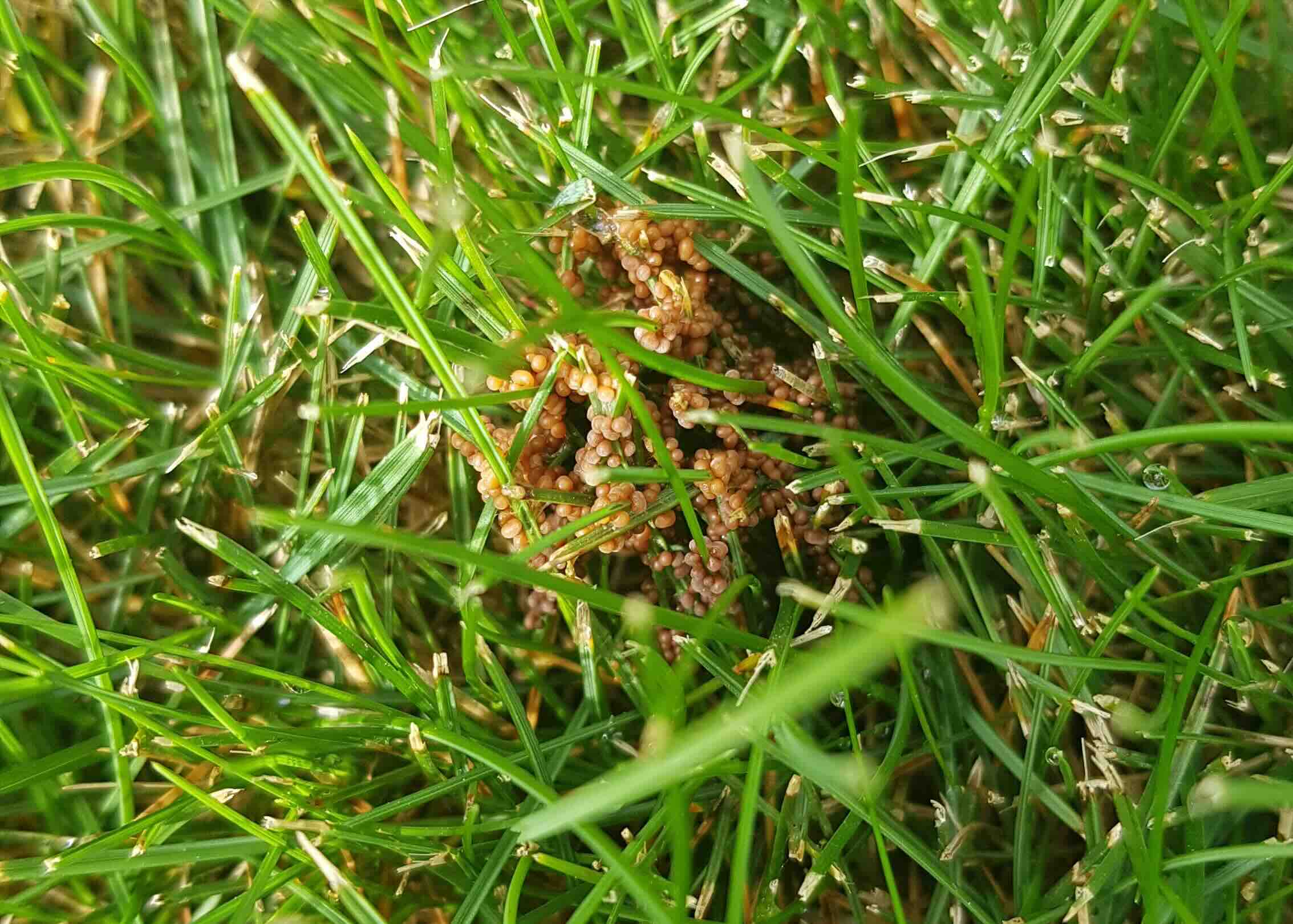
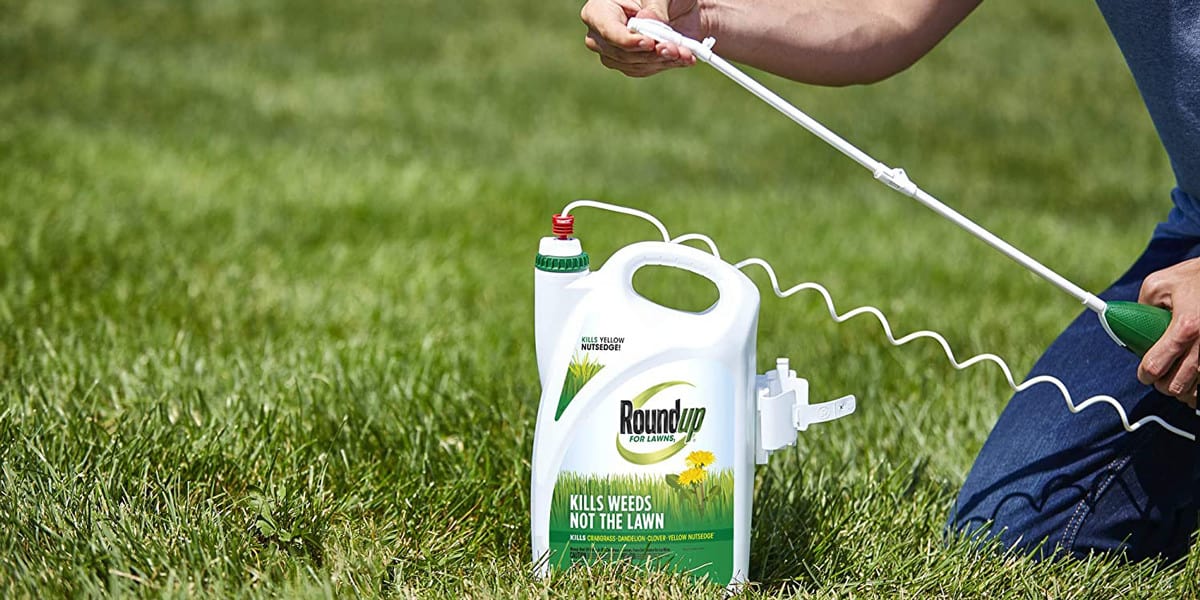
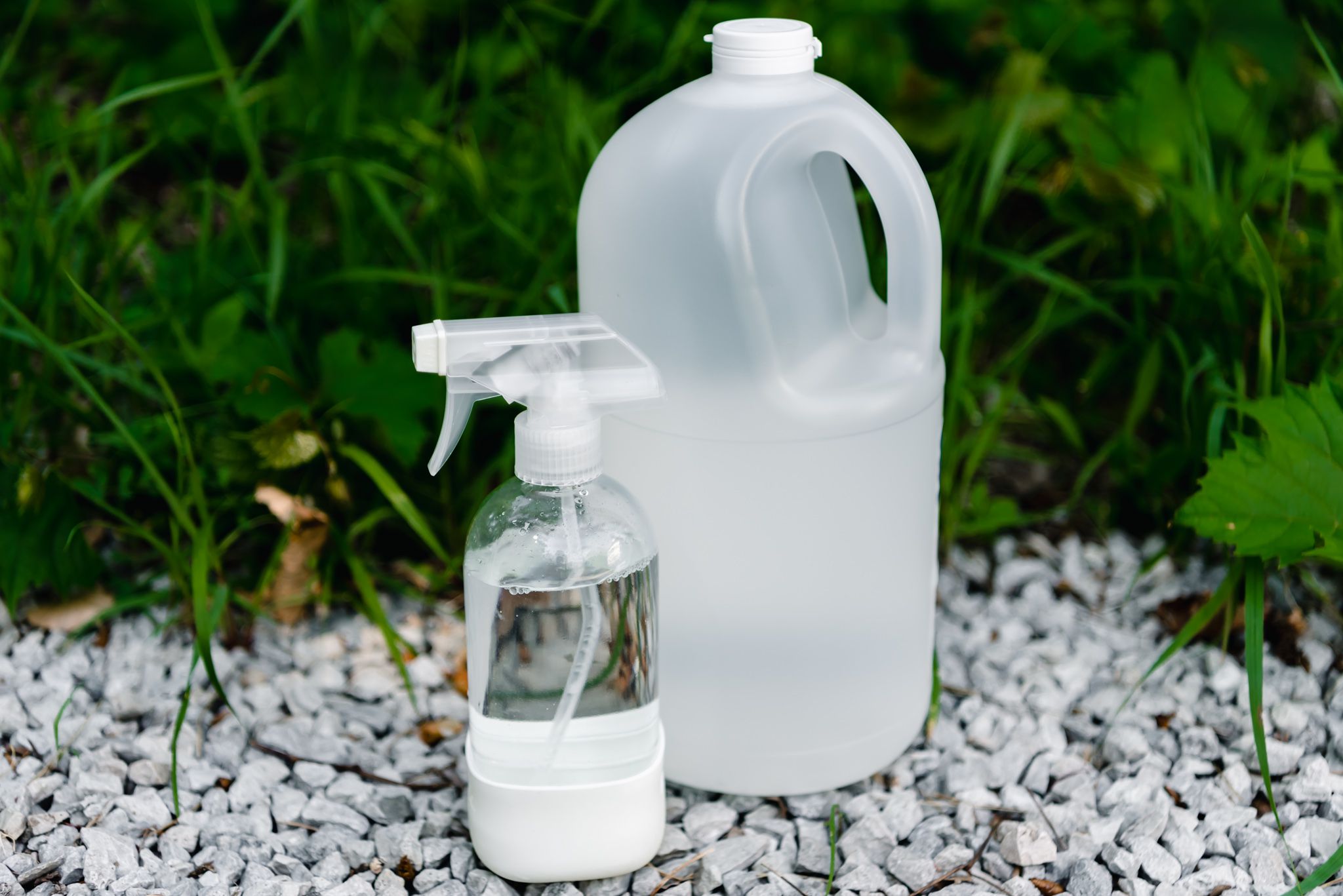
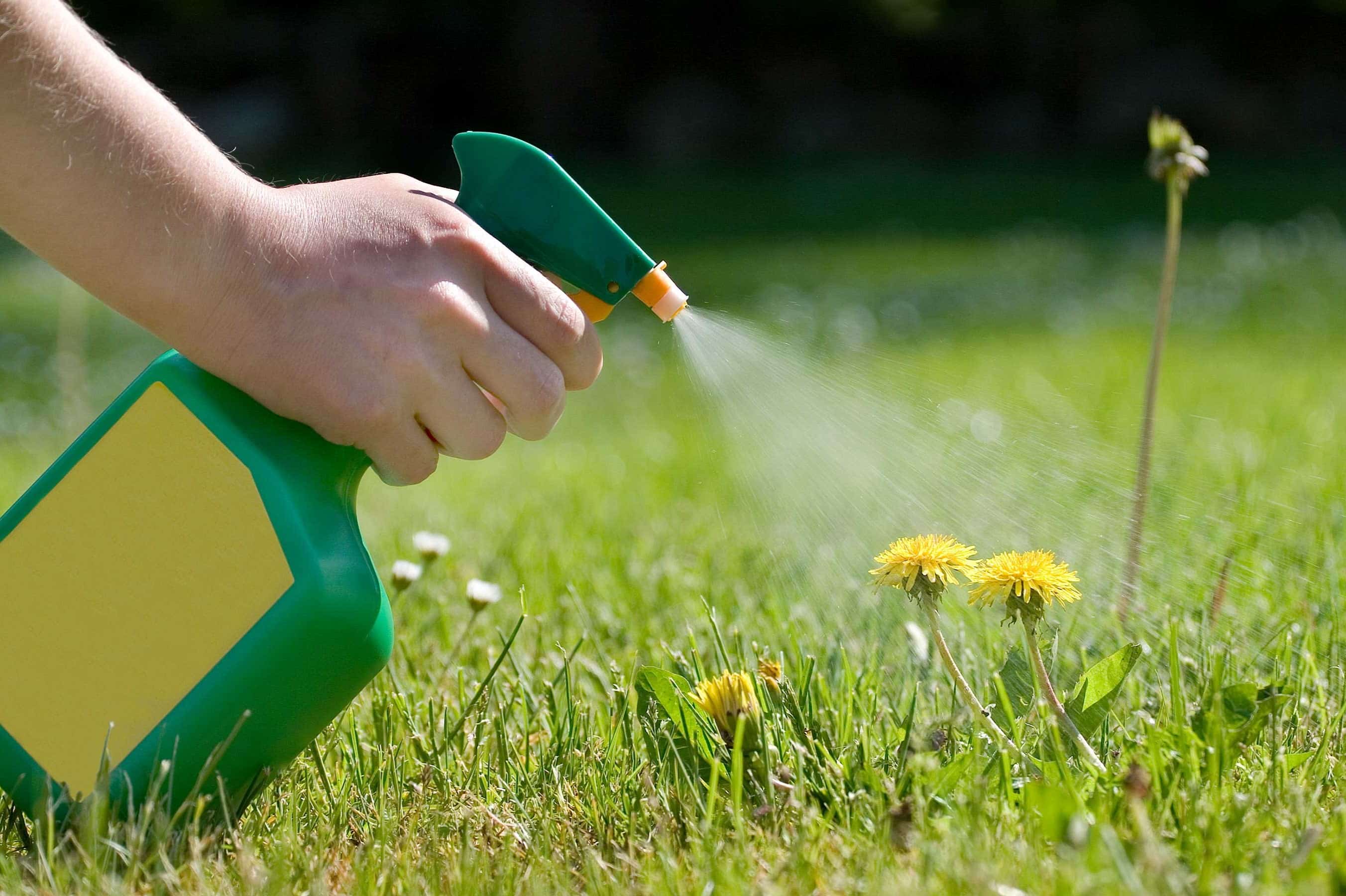
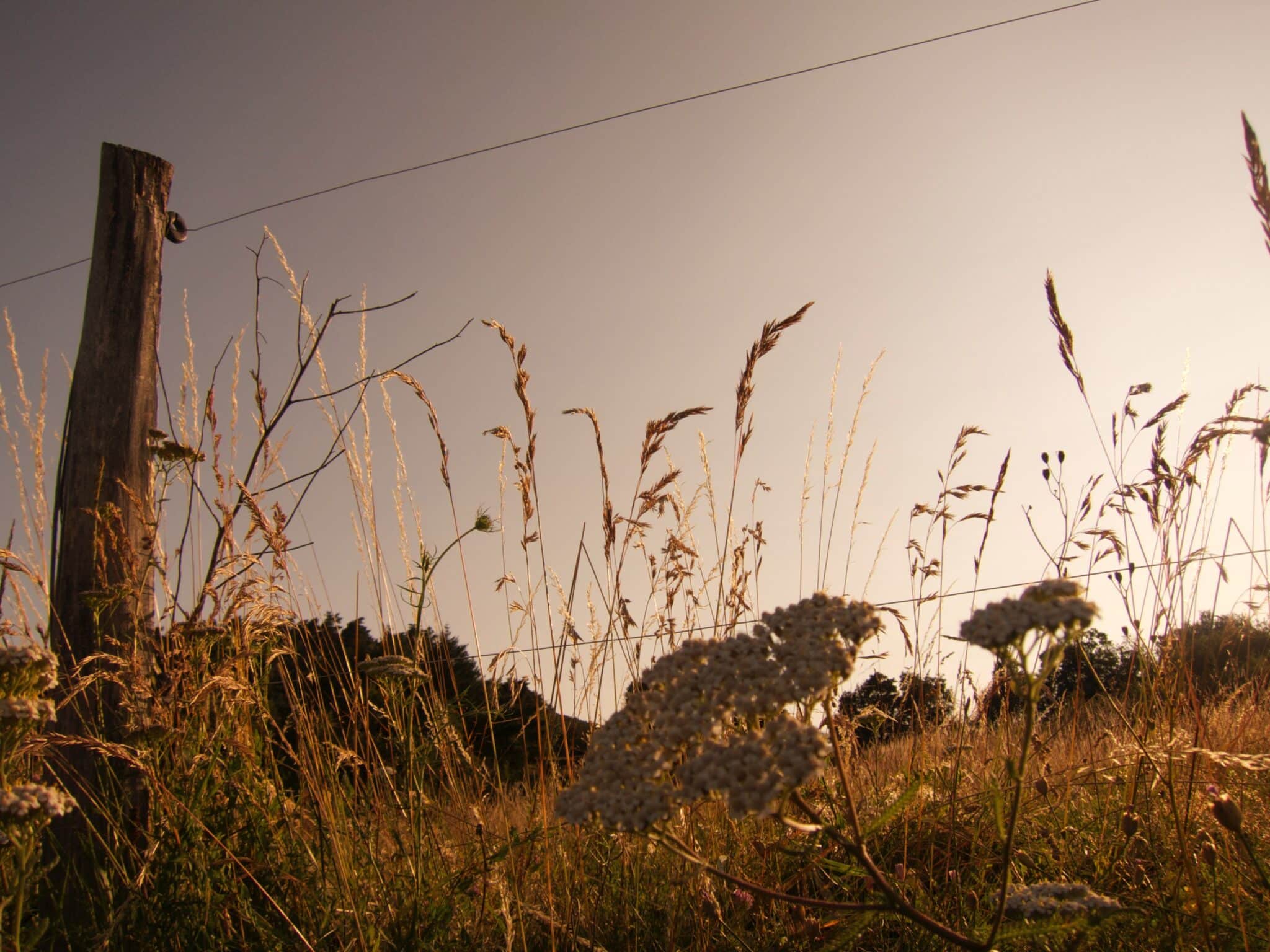

0 thoughts on “What Home Remedy Kills Grass”